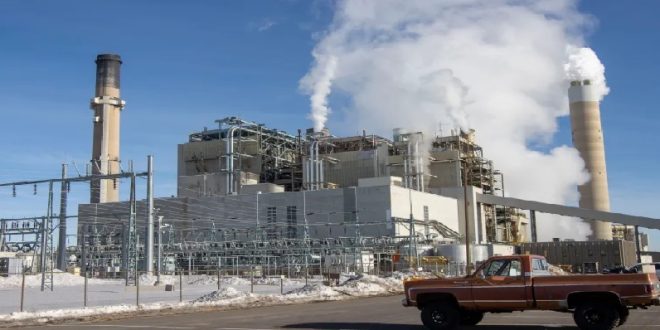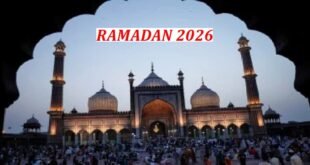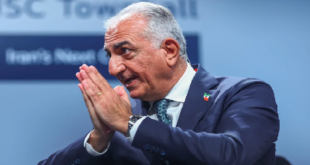10-07-2024
SYDENY/ MUDGEE: The Mount Piper coal-fired power station sits just 25km (15 miles) to the west of one of Australia’s most scenic natural landscapes, Blue Mountains National Park, known for its spectacular eucalyptus-covered canyons, sandstone cliffs and waterfalls.
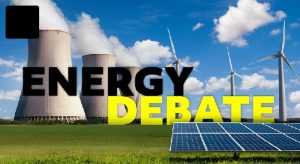 The facility, set in hilly, drought-prone grazing country, is one of seven sites where conservative opposition leader Peter Dutton plans to build Australia’s first nuclear energy power stations should his Liberal and National Party coalition win next year’s federal election.
The facility, set in hilly, drought-prone grazing country, is one of seven sites where conservative opposition leader Peter Dutton plans to build Australia’s first nuclear energy power stations should his Liberal and National Party coalition win next year’s federal election.
Dutton has argued that the current centre-left Labor Party government will not be able to reach its target of reducing greenhouse gas emissions by 43 percent below 2005 levels by 2030 with renewables such as wind and solar alone.
“I want to make sure that the Australian public understands today that we have a vision for our country to deliver cleaner electricity, cheaper electricity and consistent electricity,” Dutton told reporters last month.
For many Australians, Dutton’s proposals lit a match under a discussion they had assumed was put to bed decades ago.
In 1998, a previous conservative government banned nuclear power in favor of coal, a commodity that remains Australia’s second most valuable export after iron ore, the fuel last year made up 15 percent of total exports, worth some 102 billion Australian dollars ($68bn) but since 2006, conservative parties have periodically called for a new debate on the nuclear question although never seriously while last in power between 2013-2022.
Under the current government’s plans, Australia is one of the few major economies not using, or planning to use, nuclear energy to provide guaranteed power to underpin renewable sources like solar and wind.
In Blue Mountains communities such as Lithgow, a gentrifying town that once hosted more than a dozen coal mines, the nuclear proposals have prompted mixed reactions.
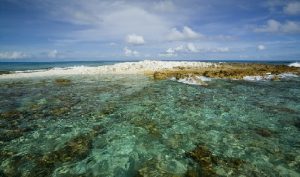 Larissa Edwards, one of a growing number of “tree changers” who have relocated to Lithgow to escape city life, said she was horrified when she learned of the plans.
Larissa Edwards, one of a growing number of “tree changers” who have relocated to Lithgow to escape city life, said she was horrified when she learned of the plans.
“I came because it’s a beautiful and special part of the world,” Edwards media.
“I was gob-smacked really. It’s an obvious spot for Dutton’s plan, which he had signaled to some degree but as the whole area is moving to renewables, I was still shocked,” she said.
“I don’t think it’s the right solution for the energy crisis, nor for the climate crisis that we’re in.”
However, coal miners in Lithgow who spoke to media on condition of anonymity expressed hope that a nuclear facility would bring new jobs for the next generation following the closure of all but three of the town’s mines.
While there is a divide between those who prioritize the economy versus the environment, there is widespread dismay about the lack of consultation ahead of the announcement, or a detailed estimate of costs expected to be in the billions of dollars.
“The polling I have carried out so far is on the ground in the Lithgow area and from what I can tell, there is already strong division between those supporting a reactor and those opposing it, with a heap of people in the middle asking for more details and information,” Andrew Gee, an independent MP who represents the region, told media.
The governments of the affected states in Australia’s federated model have given Dutton’s nuclear plans a resounding “no”. (Int’l Monitoring Desk)
 Pressmediaofindia
Pressmediaofindia
